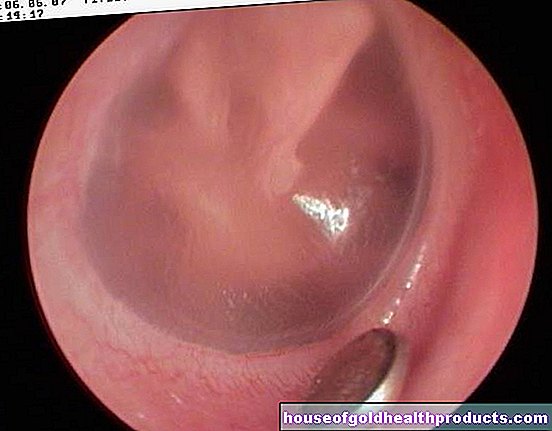Birth defects: smoking disrupts heart development
Christiane Fux studied journalism and psychology in Hamburg. The experienced medical editor has been writing magazine articles, news and factual texts on all conceivable health topics since 2001. In addition to her work for, Christiane Fux is also active in prose. Her first crime novel was published in 2012, and she also writes, designs and publishes her own crime plays.
More posts by Christiane Fux All content is checked by medical journalists.Many newborns are born with defective organs, just one in 100 with a congenital heart defect. For the first time, a cause has now been discovered that could be responsible for many malformations: an insufficient oxygen supply to the embryo.
There can be various reasons why an unborn child is poorly supplied with oxygen, for example medication, high blood pressure, staying at high altitudes or the child's umbilical cord being constricted. But there is another, absolutely avoidable risk: smoking.
"We know that smoking is terribly damaging to the health of an unborn child," says study director Sally Dunwoodie of the Victor Chang Institute in New South Wales, Australia. Among other things, this worsens the oxygen supply. This is because the red blood cells are partially occupied by carbon monoxide when smoking, which means that less oxygen can be transported. Added to this is the nicotine contained in cigarettes. The toxin reduces the blood flow to the placenta and the fetus is poorly supplied.
Lack of oxygen, sick heart
In experiments with mice, the researcher and her colleagues investigated what happens to the mouse embryos when there is a lack of oxygen. To do this, they reduced the oxygen content in the air from 21 to 5.5 percent for eight hours.
What caused the reduced oxygen supply was shown after the birth of the young mice: They developed various types of heart defects, which also occur particularly often in newborn human children.
Cells in need
And the scientists have also uncovered the underlying mechanism: "We have found that the reduced oxygen triggers a stress reaction in the hearts of the embryos," explains Dunwoodie. The cells then try to minimize the stress by stopping protein production. “But then suddenly the proteins are no longer available. At a critical point in time, the heart cannot develop properly, ”says the scientist.
However, a lack of oxygen is not the only factor that causes cellular stress. Virus infections, a high temperature, high blood sugar levels, malnutrition and environmental toxins could also provoke the fatal reaction.
"The cellular stress response can be the key to a whole range of birth defects," says the researcher. In addition to the heart, these are also deformities of the spine, kidneys and other organs.
6000 congenital heart defects per year
According to the Competence Network for Congenital Heart Defects, around 6,000 children are born with a heart defect in Germany every year. The spectrum of malformations ranges from uncomplicated defects that hardly affect the children to very serious heart diseases that are fatal if left untreated.
Source: Hongjun Shi et al .: Gestational stress: at the heart of birth defects, Development, Vol 143 / Issue 14; 2016
Tags: foot care therapies drugs
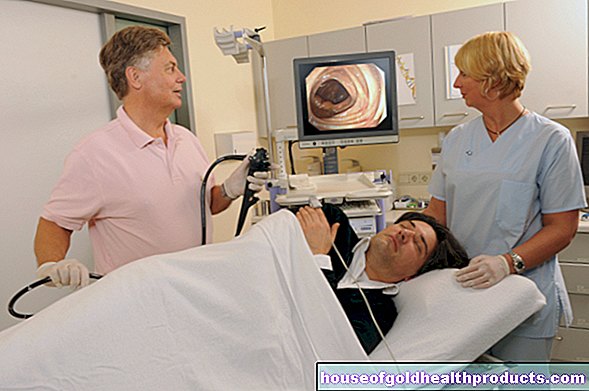










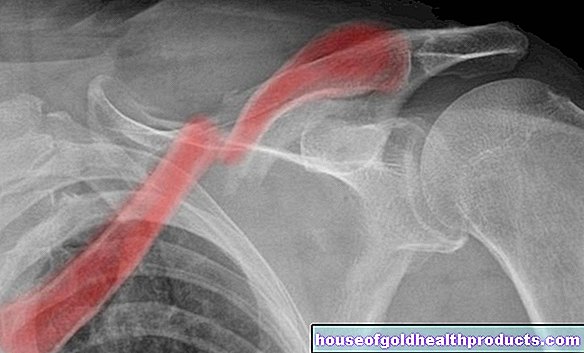


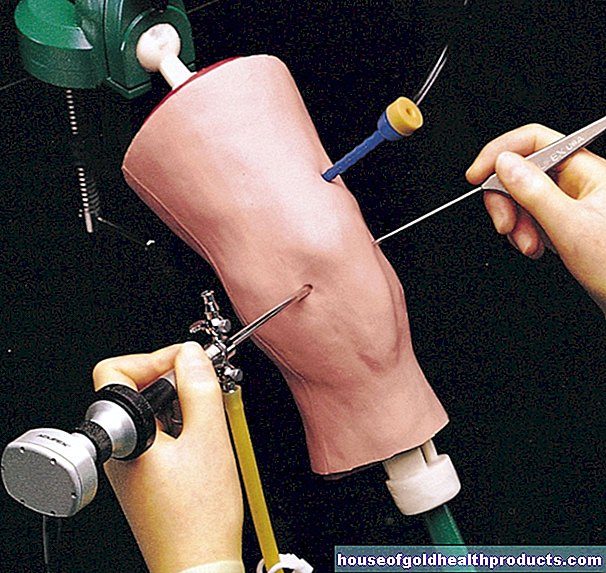
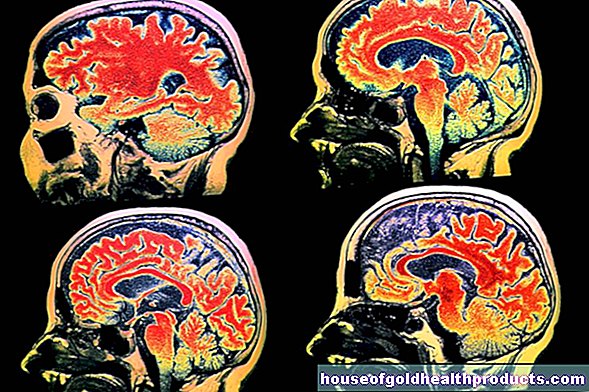




.jpg)
